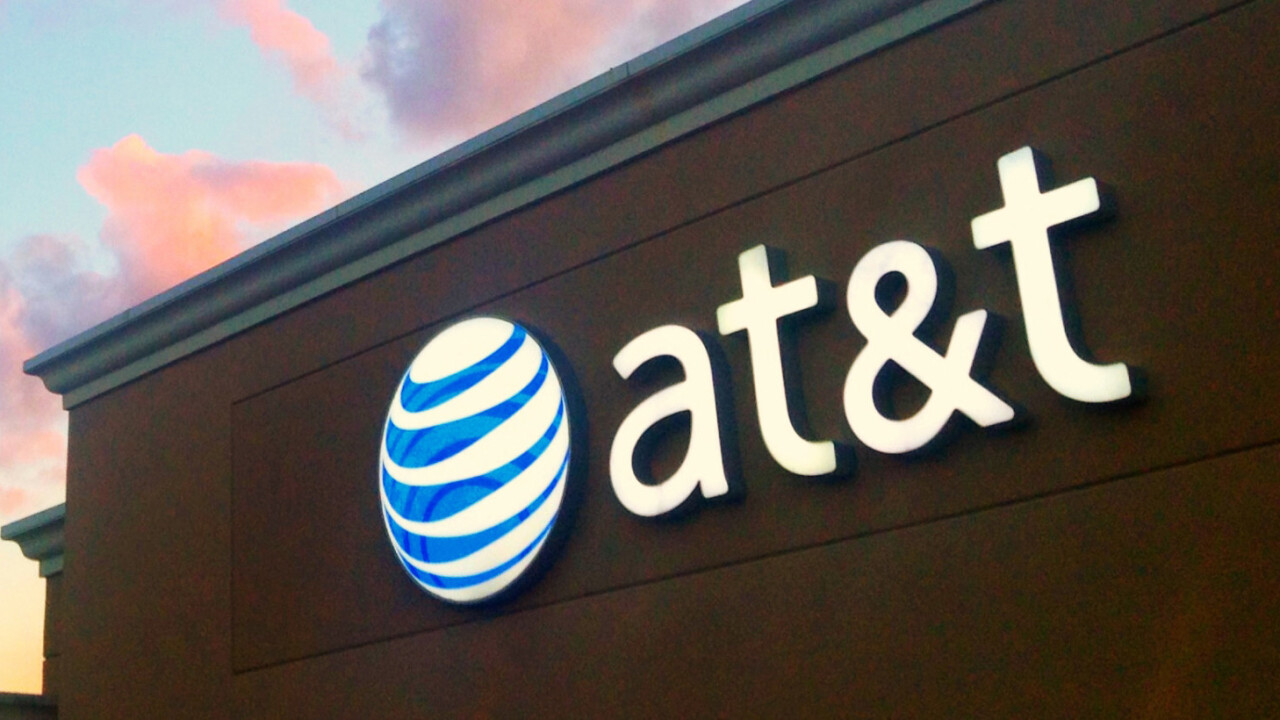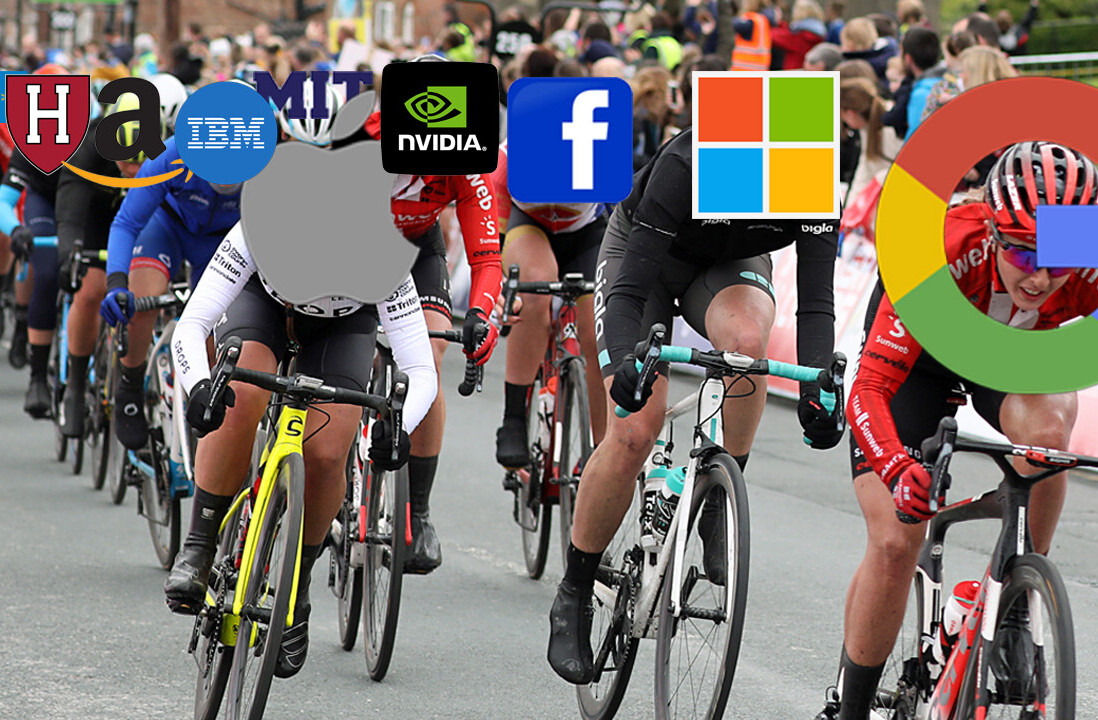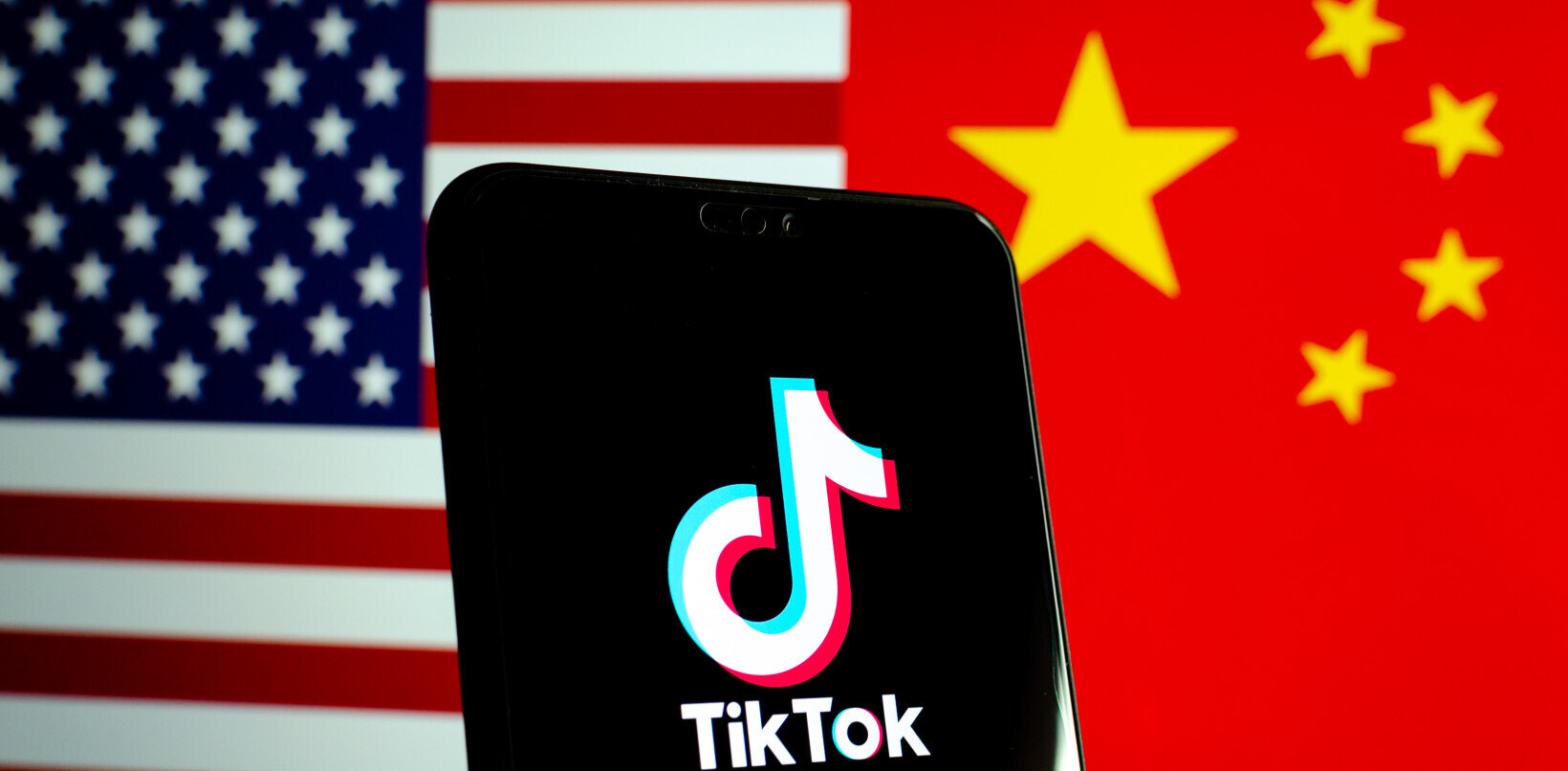It’s one thing for telecom companies to hand over citizens’ communications metadata when the law requires it, but it’s a whole new ball game when a firm turns that into a business.
According to documents obtained by The Daily Beast, that’s exactly what AT&T has done. As part of its Hemisphere program, the phone service giant not only stores metadata (information about who you’ve called and texted, when and from where) that dates back to 2008, but also charges US law enforcement agencies between $100,000 to over $1 million a year to access records stored in its database.
That metadata is used to assist in investigations of criminal cases and medical insurance fraud. But interestingly, AT&T makes it easy to obtain these records: All a police department needs is a subpoena, which is far simpler to score than a warrant from a judge.
The news is worrying not only because AT&T has a massive trove of data – its records go back about eight years and the company controls the second largest share of wireless infrastructure in the US – but also because law enforcement isn’t required to disclose that it used Hemisphere to obtain metadata for its investigations. In fact, documents show that police are required to promise not to disclose that it used Hemisphere in an investigation if the case becomes public.
The trouble with Hemisphere, which was first made known to the public by The New York Times in 2013, is that it’s a business – one that needs customers and needs to make AT&T money.
Naturally, it’s in the company’s interest to keep its surveillance program alive for as long as possible, store metadata for periods longer than its rivals (neither Verizon nor Sprint reportedly hold records for more than 18 months) and make it as easy as possible for law enforcement to quietly access that information and keep it a secret.
We’ve contacted AT&T for comment and will update this post if there’s a response.
Get the TNW newsletter
Get the most important tech news in your inbox each week.





